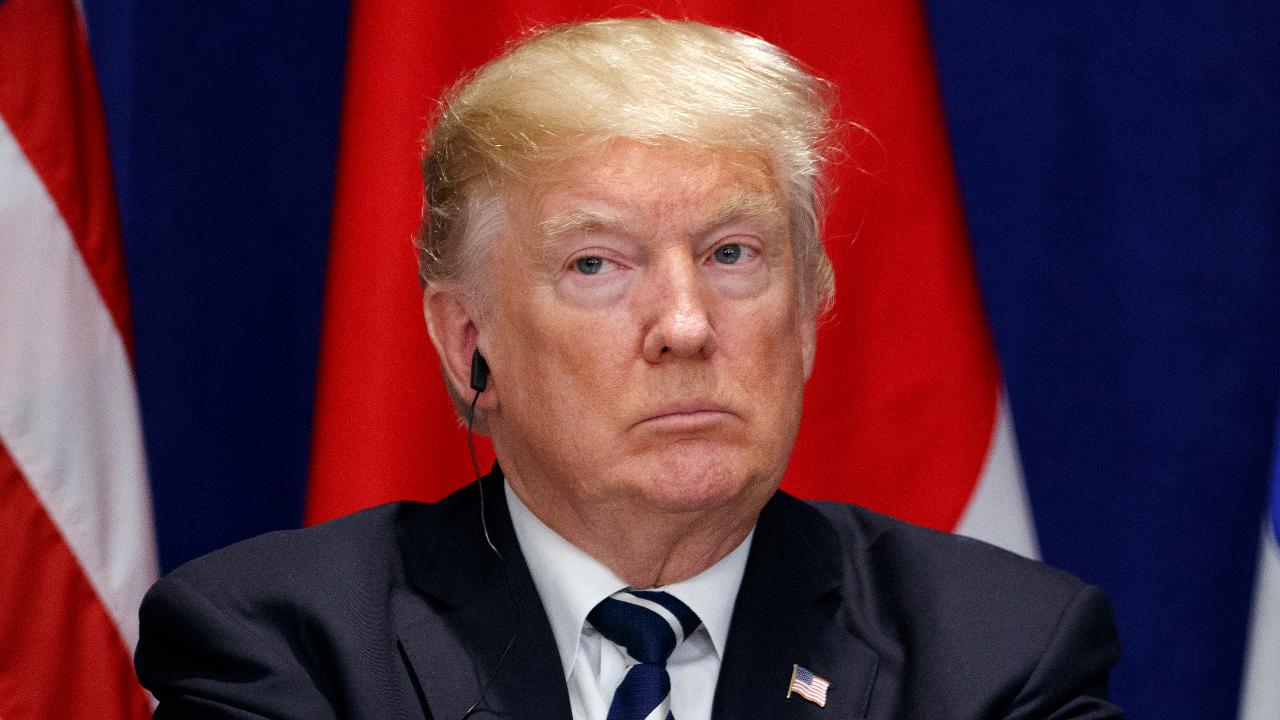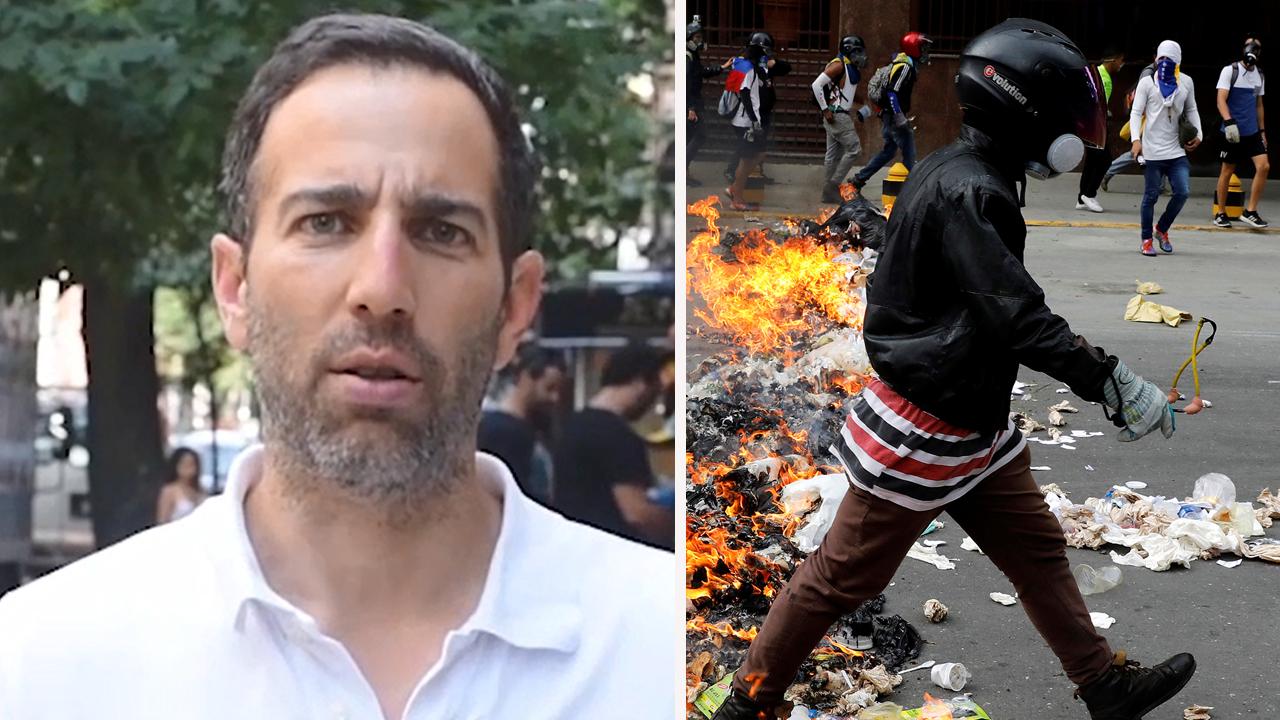Thousands of people are lining up at the border of Venezuela and Colombia each morning, desperate to escape Nicolas Maduro’s collapsing socialist state, with some vowing not to return until the “president who spends money while his people die of hunger” is ousted.
The economic and political crisis is putting pressure on Venezuela’s neighbor as around 25,000 people cross the Simón Bolívar International bridge each day to reach the Colombian town of Cucuta.
"I'll return when Maduro goes," Jeferson José Gutierres, who is jobless after fleeing Venezuela with his wife and three children a month ago, told the BBC. "He's a president who spends money while his people die of hunger."
A shelter in the center of the town has reported a spike in migrants.
The Scalabrini International Migration Network told the BBC between January and June, 650 people stopped by. But in August alone, there were 850 people that came through its doors.
Franklin Díaz, who runs the shelter, says the problems start at the top with the Venezuelan government.
"The action of the authorities is fundamental, they are the ones who manage the resources,” he said.
AS VENEZUELA STARVES, MADURO TELLS ARMY TO PREPARE FOR AMERICAN 'THREATS'
Meanwhile, Maduro has been urging his country’s army to prepare for a war with the U.S. that shows no signs of coming, telling troops to have “rifles, missiles and well-oiled tanks at the ready.”
He also has been encouraging citizens to start eating pet rabbits for protein as Venezuela faces a severe food shortage.
“What a humiliation” two women with a baby were heard by the BBC saying as they walked past a Colombian border guard, in search for food and supplies. Some families are crossing into Colombia with empty suitcases to stock up on products that have disappeared on their side of the border.
In Cucuta, a local church is feeding up to 2,000 people a day in an open-air courtyard.
And more than 700,000 people have applied for “border mobility cards” from the Colombian government that allows them to move between the two countries without a passport, the BBC reported.
"At the moment, there's a pretty big flow but not everybody stays," said Luis Fernando Niño López, the secretary for victims, peace and post-conflict for the province of Norte de Santander.
"But what's going to happen when they can't go back because Maduro closes the border, or because armed groups that control the border won't let people go back?"


